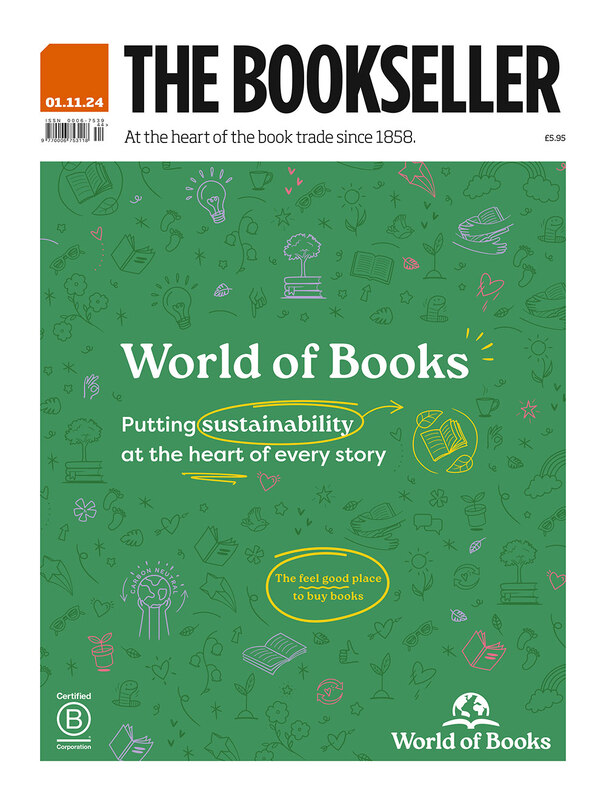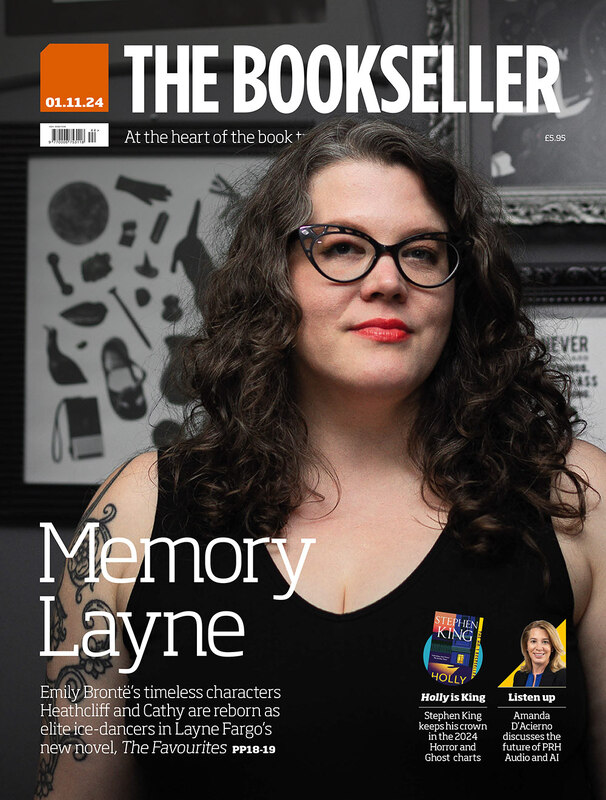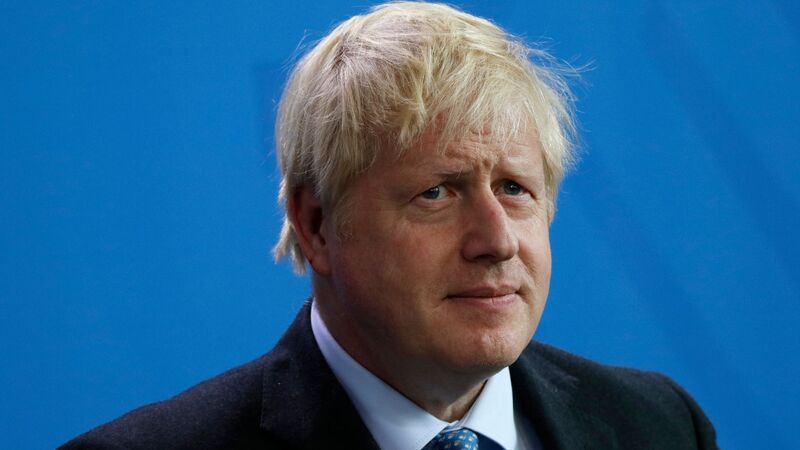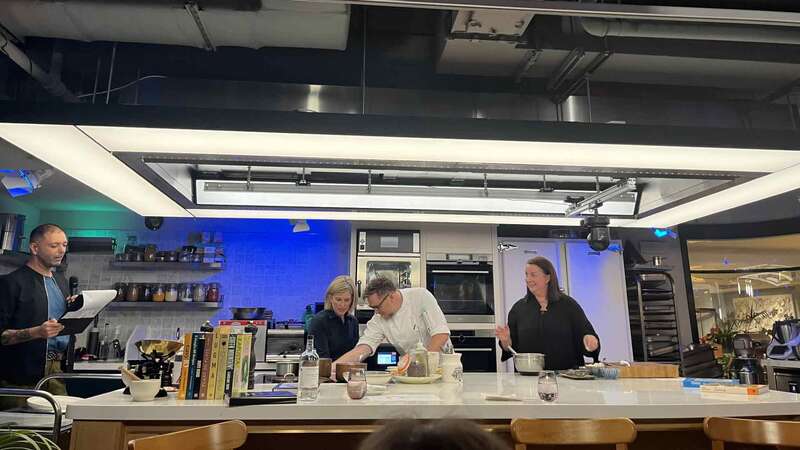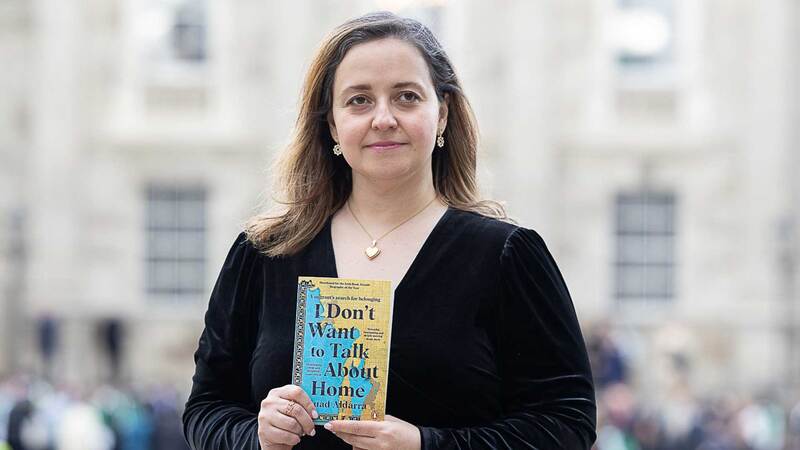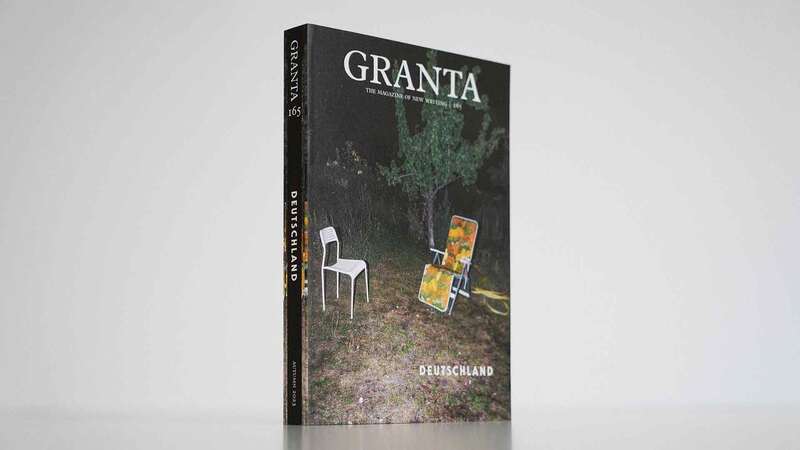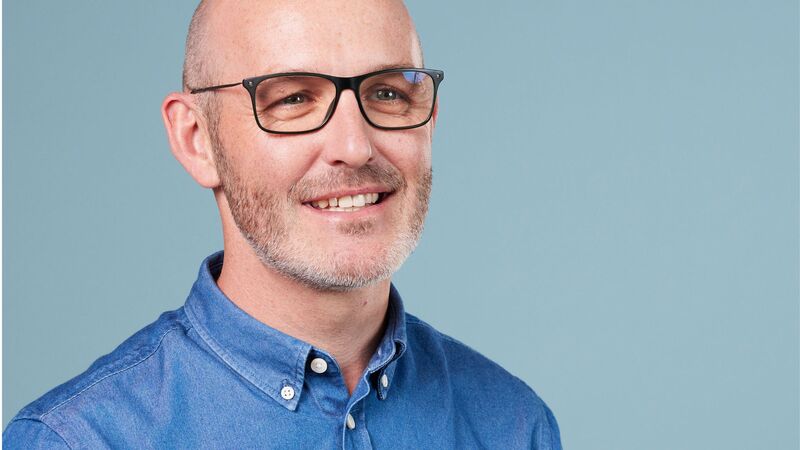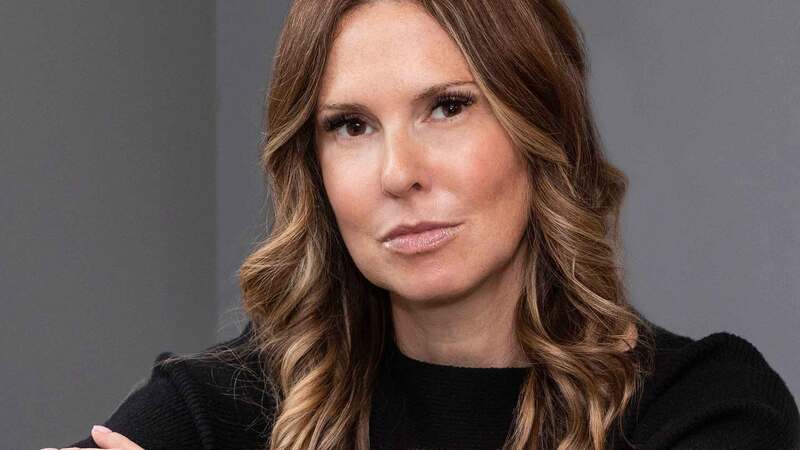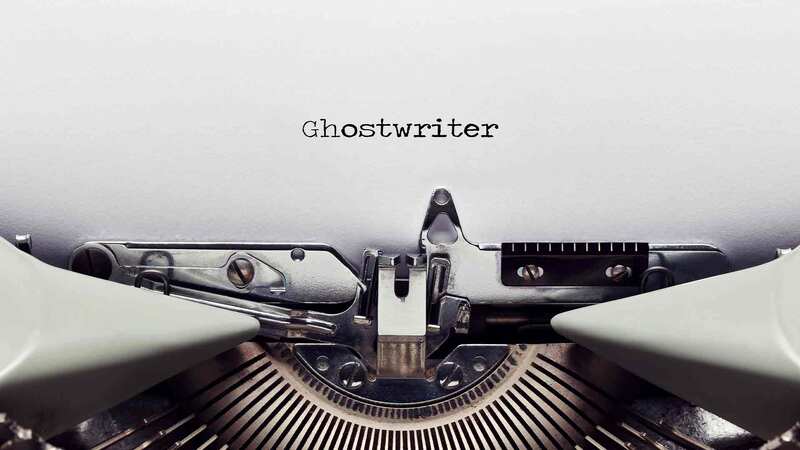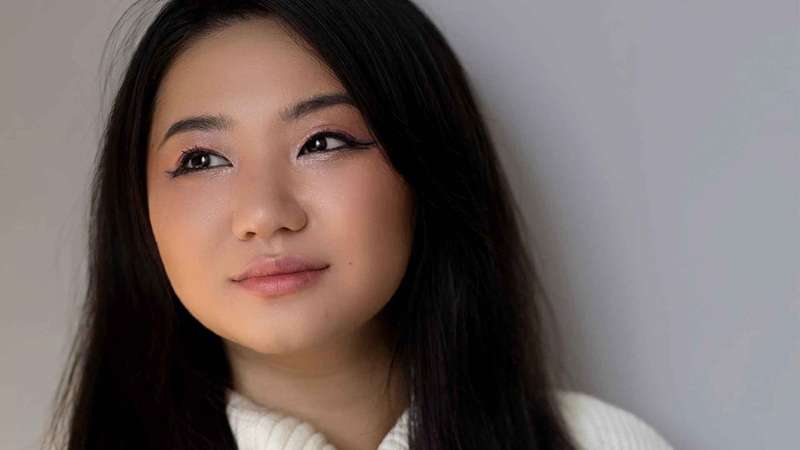You are viewing your 1 free article this month. Login to read more articles.
Oral history project helps preserve booksellers’ stories for the future
At the American Booksellers Association’s recent Winter Institute (ABA WI), an initial 26 booksellers walked into a smallish convention centre room to record, individually or jointly, stories about themselves, their stores, their experiences and their calling for the just-launched Bookseller Oral History Project. Many more with not enough time to spare in Cincinnati nevertheless stopped by to learn how they, too, could participate once the meeting was over. British booksellers at WI told The Bookseller that they were intrigued: this is the kind of undertaking that might someday inspire an international counterpart.
The project was dreamed up by Lanora Jennings, a thoughtful, historically-minded former-bookseller-turned-sales-rep for University Press Sales Associates (Princeton and Yale). Four years ago, Jennings had begun delving into bookselling’s past, wanting to write a book that would tell the story in an historical, inclusive context: good times, hard times, everyday struggles, major crises and changes, bookselling as it really has been and is, exploring progress as well as uncomfortable truths sans sugarcoating. Too much of the lived experience gets lost; she wanted to explore and preserve it.
This past autumn, Jennings contacted ABA c.e.o. Allison Hill, wanting to poke around the 124-year-old organisation’s own archive for her book, but Hill told her the correspondence, scrapbooks, photos, and bound volumes were about to be packed up: ABA was giving up its physical location, going all-remote, and needed to find the archive a new home. Jennings volunteered to be “matchmaker,” and reached out to members of the Society for the History of Authorship, Reading, and Publishing, aka SHARP. Several institutions were interested, and the ABA chose Columbia University’s Rare Books and Manuscripts Library, which already holds many book business archives and oral histories. Jennings herself helped pack the material into 60 boxes, and so hooking up with ABA for help in launching the Bookseller Oral History Project seemed a natural; she hopes that it, too, will eventually find a home at Columbia.
At Winter Institute, her husband, Geoffrey, a lawyer who’s also done time as a bookseller (for almost a half-century, his mother, Vivian, owned Rainy Day Books, one of the best-known indies in America), manned the Oral History room. Booksellers were handed a list of 30 prompts and questions, like “Why did you become a bookseller? What would you like to do that you have not done? What is your favourite aspect [of the job]? Describe a time when a particular book/author made an impact on you, your community, or the book industry as a whole.” They didn’t have to use them, but the questions were there if they needed them.
Now that WI is over, Lanora Jennings intends to go to other venues with her equipment, but booksellers can also record themselves and upload the audio via the project’s website, bookstorechronicles.org. If they prefer, she will interview them virtually and add that recording to the archive. And finally, she wants to emphasise, “this is not just for booksellers. Anyone who has a story about bookstores or bookselling is welcome to participate". There is one catch, however: the story’s focus must be “bookselling in America".

